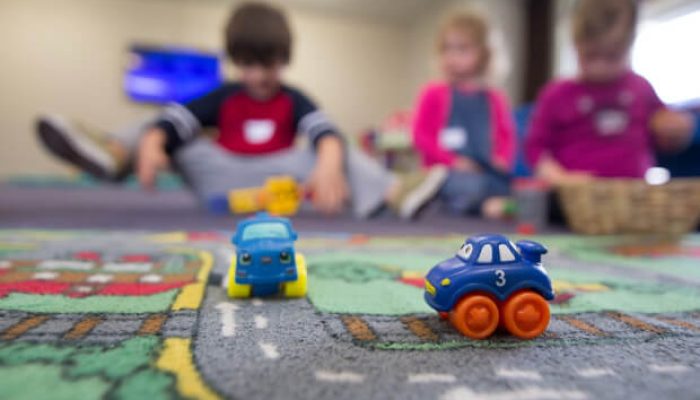
Child Care Gadgets
Explore Our Child-Friendly Gadgets for Early Learning and Fun
At “PSCCADC”, we believe in nurturing young minds with innovative tools that make learning both fun and engaging. Our selection of child-related gadgets is designed to support early childhood development, offering parents and educators high-quality resources that stimulate creativity, learning, and play.
Interactive Learning Tablets
Specially designed for young children, our tablets feature educational apps, games, and e-books that enhance literacy, numeracy, and cognitive skills. With easy-to-navigate interfaces and child-friendly content, these tablets provide a safe environment for children to explore and learn.
Sensory Gadgets for Active Learning
Children learn best through hands-on experiences. Our sensory gadgets, like tactile puzzles, light-up activity boards, and musical toys, engage multiple senses to help develop fine motor skills, coordination, and sensory processing.
Safety and Durability
We prioritize safety in all our gadgets, ensuring that each product is made from non-toxic, durable materials. Our gadgets are rigorously tested to withstand the adventures of childhood and provide a safe, long-lasting learning experience.
Affordable and Accessible
We believe that every child should have access to quality educational tools. Our gadgets are priced affordably, making it easy for parents and educators to find products that fit their needs and budgets.
Smart Toys for Cognitive Development
Our range of smart toys includes interactive robots, coding toys, and building sets that encourage problem-solving and critical thinking. These gadgets are ideal for introducing children to STEM concepts at an early age, helping them build a foundation for future learning.
